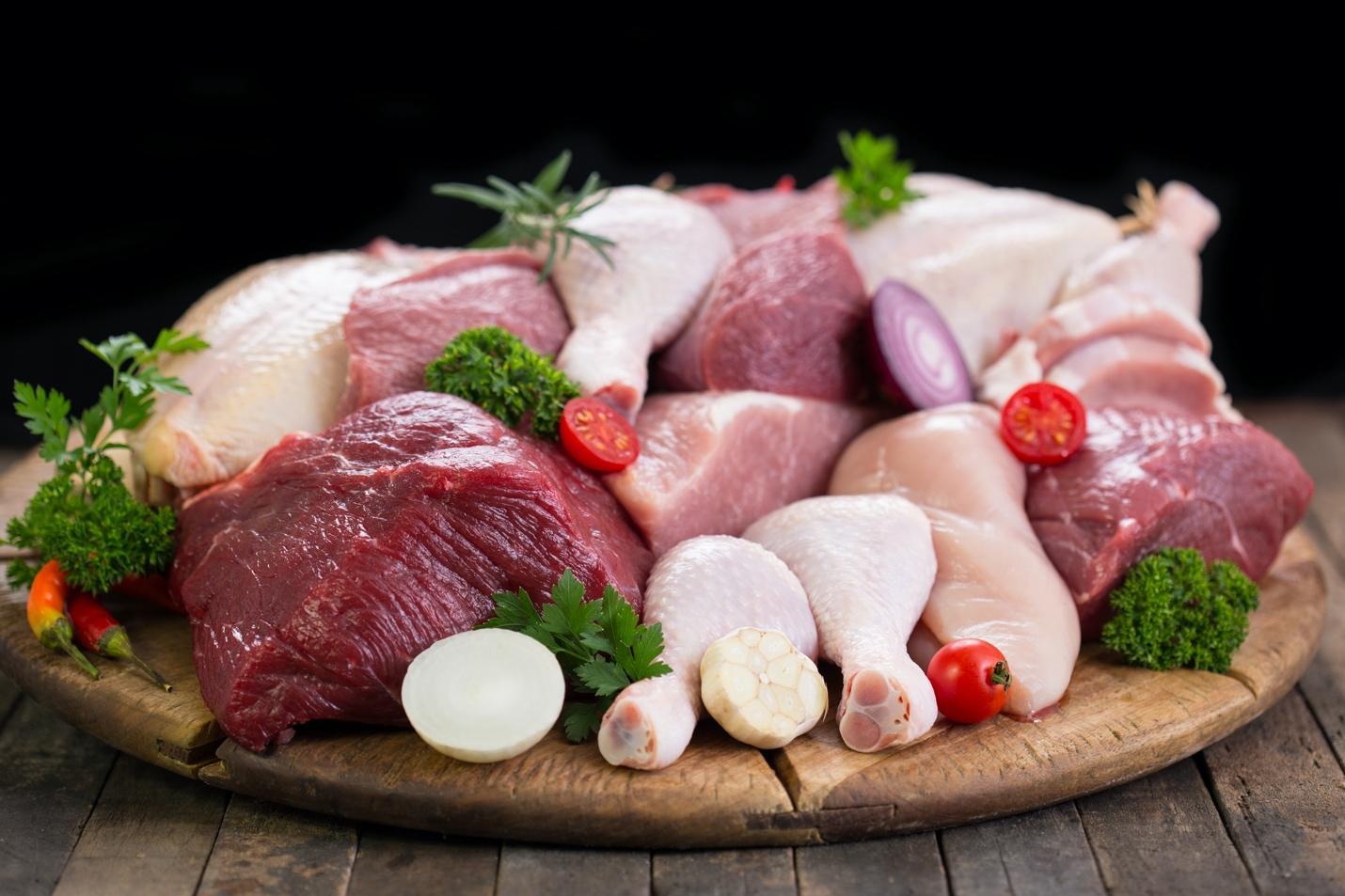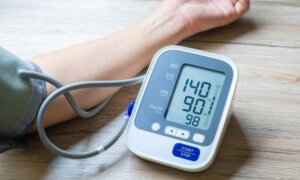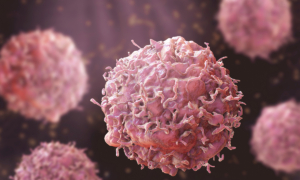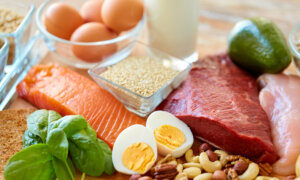It’s known that muscle mass decreases gradually with age. However, in severe cases, it can lead to sarcopenia, which affects mobility in daily life and even increases the risk of becoming bedridden. However, sarcopenia can be prevented and improved through proper diet and exercise.
Zhang Weijun, a nutritionist at Koii Nutrition Consulting Center, suggested during an interview on NTDTV’s “Health 1+1“ program that by taking enough protein and calories at the right time and getting enough exercise, one can enhance muscle mass and strength and ward off sarcopenia.
What Is Sarcopenia?
Sarcopenia is characterized by the progressive loss of muscle mass and related functions, often associated with natural aging. It also accompanies various health issues, such as chronic kidney disease, diabetes, and cancer. Globally, an
estimated 10 percent to 16 percent of people over the age of 60 suffer various degrees of sarcopenia.
Protein is the raw material for muscle synthesis and one of the main factors driving anabolic signals that can increase or maintain skeletal muscle mass. Proteins containing sufficient essential amino acids that the human body cannot synthesize are of high biological value. Therefore, Zhang recommends the following foods rich in essential amino acids and proteins:
- Beans: soybeans, tofu, soy milk, black beans, edamame
- Seafood: fish, crab, oysters, mussels
- Eggs: poultry and quail eggs
- Meat: chicken, duck, pork, beef, lamb
- Dairy: milk, butter, yogurt
Zhang noted that protein supplementation alone cannot improve muscle mass and strength in those with sarcopenia. This is because, without a sufficient intake of calories, protein alone will only work as an alternative energy source and not a source to grow muscles. He, therefore, recommended the following food combos for a complete meal:
- Beans, Fish, Eggs, Meat, Milk: These provide protein for muscle growth.
- Whole Grains: Carbohydrates provide energy, replenish glycogen in the liver, and reduce fatigue.
- Vegetables and Fruits: These contain the vitamins, minerals, and fiber to increase physical strength and energy.
Strength training alongside eating these foods is also advised to increase muscle instead of fat.
How Much Protein Should I Eat Every Day?
According to the Food and Nutrition Board of the National Academy of Sciences, the dietary protein
intake for adults is 0.8 gram per kilogram (g/kg) of body weight per day (or about 0.8 gram per 2 pounds). The World Health Organization
recommends 0.83 g/kg of body weight daily.
Zhang recommends that adults eat at least 0.3 g/kg of body weight at each meal. For example, a person weighing 50 kilograms (110 pounds) should consume at least 15 grams (0.5 ounce) of protein per meal. This is equivalent to 400 milliliters (14 fl. ounces) of soymilk with about 14 grams of protein or one egg plus a cup of milk or yogurt (240 milliliters, 15 grams of protein).
For older people having difficulty consuming protein and caloric foods, it is recommended to take high-protein supplements. Nutritional supplements containing leucine or leucine metabolite beta-hydroxy-beta-methylbutyrate (HMB) can help older people increase muscle.
Zhang said people suffering from severe muscle loss should eat even more protein. Two to three palm-sized portions of beans, fish, eggs, or meat at each meal are recommended in these cases.
Zhang suggested that adults eat about 25 to 30 calories per kilogram of body weight at each meal. He also said people weighing 40 to 60 kilograms (around 110 pounds) should eat at least half a bowl to a bowl of whole grains at each meal.
According to recommendations from the Asian Sarcopenia Working Group (ASWG), people at risk of malnutrition or sarcopenia may supplement vitamin D at 800 to 1,000 international units per day or consult a professional nutritionist.
Protein Intake in the Morning Helps Build Muscle
A
study published in Cell Reports in 2021 found that mice fed high-protein food for breakfast had significantly greater exercise-induced muscle growth than mice that ate high protein in the evening.
The research also found in a clinical study of women over 65 that those who consumed protein primarily at breakfast had higher muscle function and were better at maintaining bone strength than those who consumed protein primarily at dinner. “Higher muscle functions were observed in subjects who ingested dietary proteins mainly at breakfast than at dinner. These data suggest that protein intake at breakfast may be better for the maintenance of skeletal muscle mass,” the study authors concluded.
In addition, a retrospective meta-analysis published in Nutrition Reviews in January 2024 showed that consuming substantial amounts of protein at breakfast, or more protein at breakfast than at night, was associated with increased skeletal muscle index and lean body mass. “Consuming high amounts of protein at breakfast or more protein in the morning than in the evening was associated with an increase in the skeletal muscle index and lean body mass,” researchers wrote.
Zhang said that although the relationship between breakfast protein intake and muscle strength is still unclear, all existing evidence still deserves our attention. Therefore, he believes it is wise to increase protein intake at breakfast.
2 Types of Food to Eat Post-Workout
Zhang said that bananas or sweet potatoes are the best choices to replenish carbohydrates after weight training or an hour-long jog. They can be eaten with soy milk to replenish protein, tuna and egg, or chicken and egg sandwiches. Going for walks is not enough to increase your calorie needs. The standard three meals a day is good enough.
It is always best to eat within an hour after exercise. Eating much later will reduce the effectiveness of the meal but will still increase muscle. Zhang again emphasized that we must consume enough protein and calories throughout the day to build muscle.

















